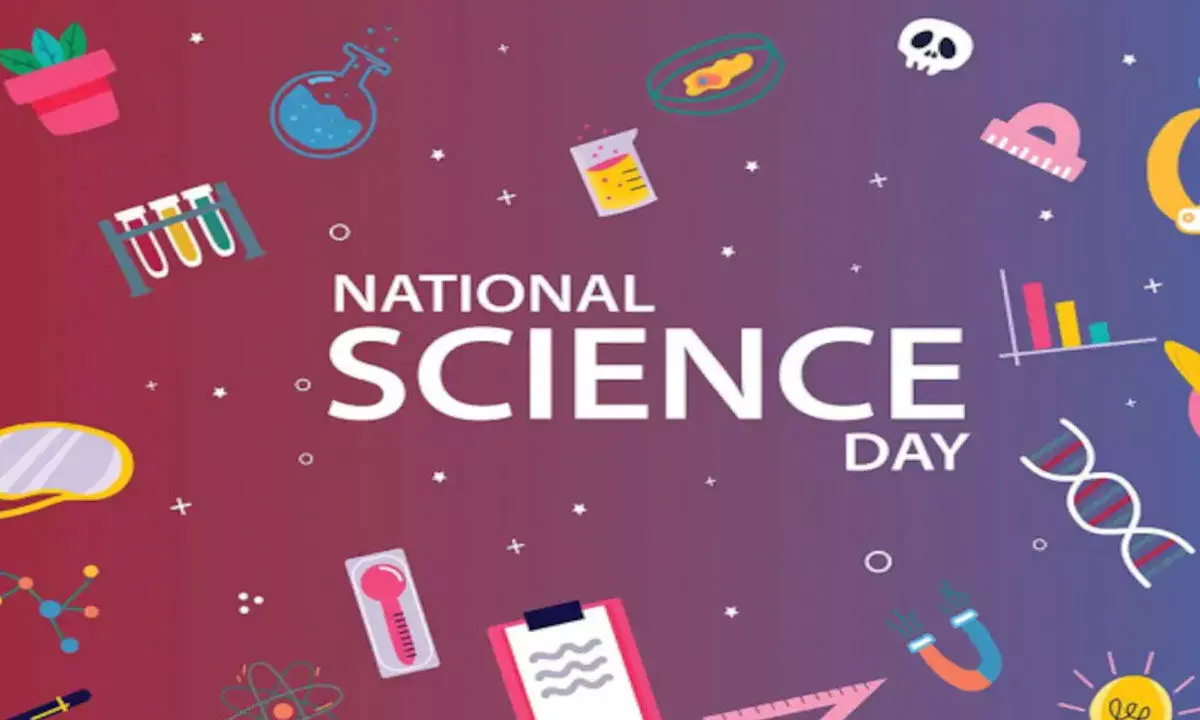National Science Day 2023- Global science for global well-being

National Science Day 2023- Global science for global well-being
National Science Day spreads the message of the importance of science and its applications in everyday life among people.
Everything that surrounds us has some science in it. Science has become part and parcel of our daily life. Science plays a vital role in our life, and we can't imagine life without science. So today is science day, every year, on February 28, we observe National Science Day.
National Science Day 2023 Theme
This year's National Science Day theme is "Global Science for Global Wellbeing", in light of India's G20 presidency.
Why Do We Celebrate National Science Day
National Science Day is observed to mark the discovery of the 'Raman Effect' by the physicist Sir Chandrashekhara Venkata Raman, well-known as CV Raman. He was born on November 7, 1888, in Tamil Nadu, then it was Madras Province.
Raman gave the theory of the Raman Effect, for which he won the Nobel Prize in 1930. He became the first Indian and the first Asian to win the prestigious award. He was also awarded Bharat Ratna in 1954 for his contribution to science, mainly Physics.
Raman Effect is a change of wavelength exhibited by some of the radiation scattered in a medium. The effect is specific to the molecules that cause it and can be used in spectroscopic analysis. In other words, when light passes through a transparent material, some of the deflected light changes wavelength and amplitude.
Raman also developed an instrument, "Raman Spectroscopy", for observing the vibrational, rotational and other low-frequency modes in a system.
For the first time, Raman showed conclusively that the colour of the sea was blue because water molecules scattered sunlight. The sea's blue because sunlight was split into its spectrum of colours by molecules in the air. The only colour reflected by the water finally reaching our eyes is blue.
The primary purpose of celebrating National science day is to spread the message of the importance of science and its applications in everyday life among people.
In 1986, the National Council for Science and Technology Communication (NCSTC) asked the Central Government to celebrate February 28 as National Science Day.
National Science Day was first celebrated on February 28, 1987. For the past 34 years, we have celebrated this day as a remembrance of Raman's contribution to science.














